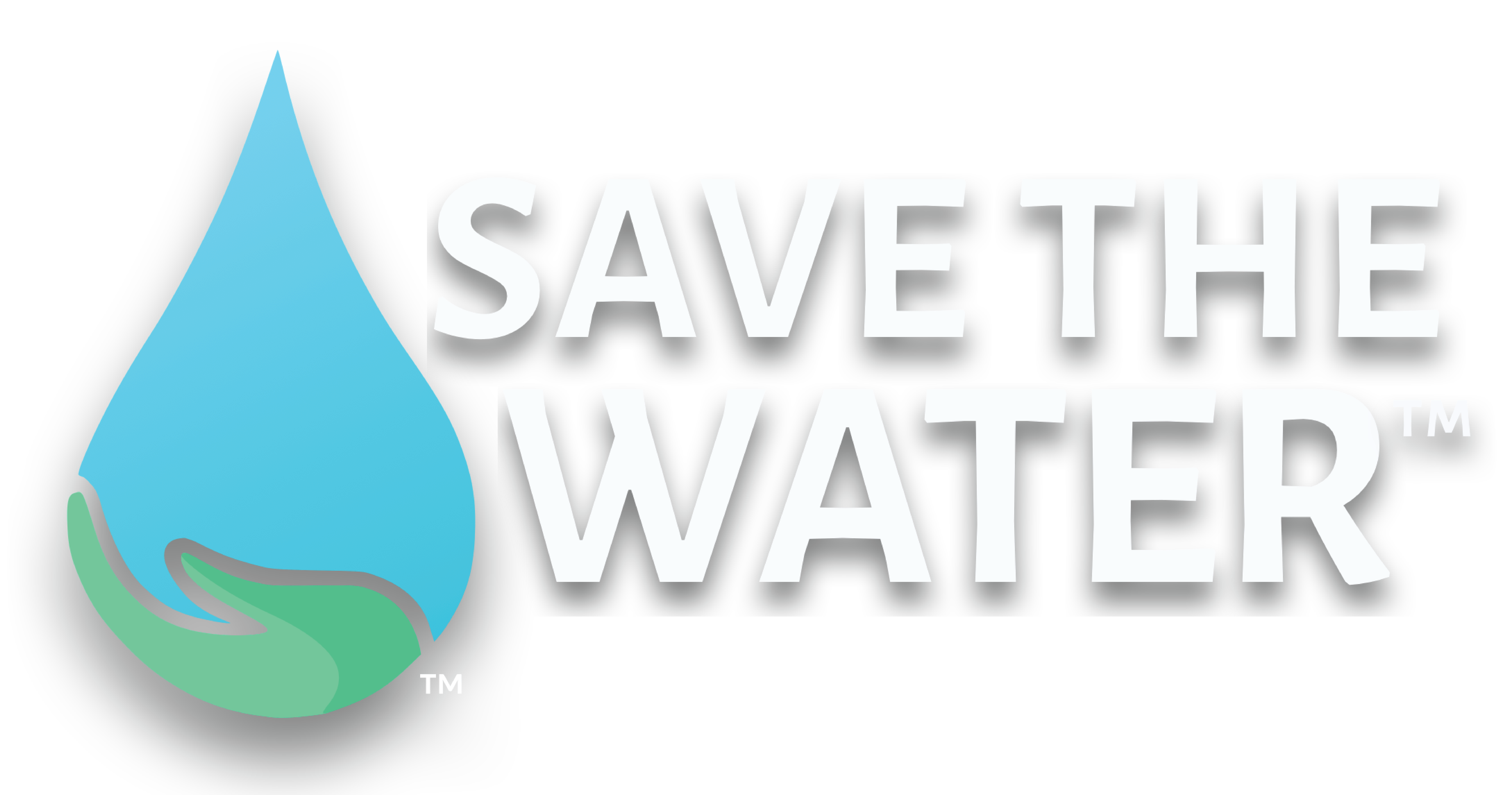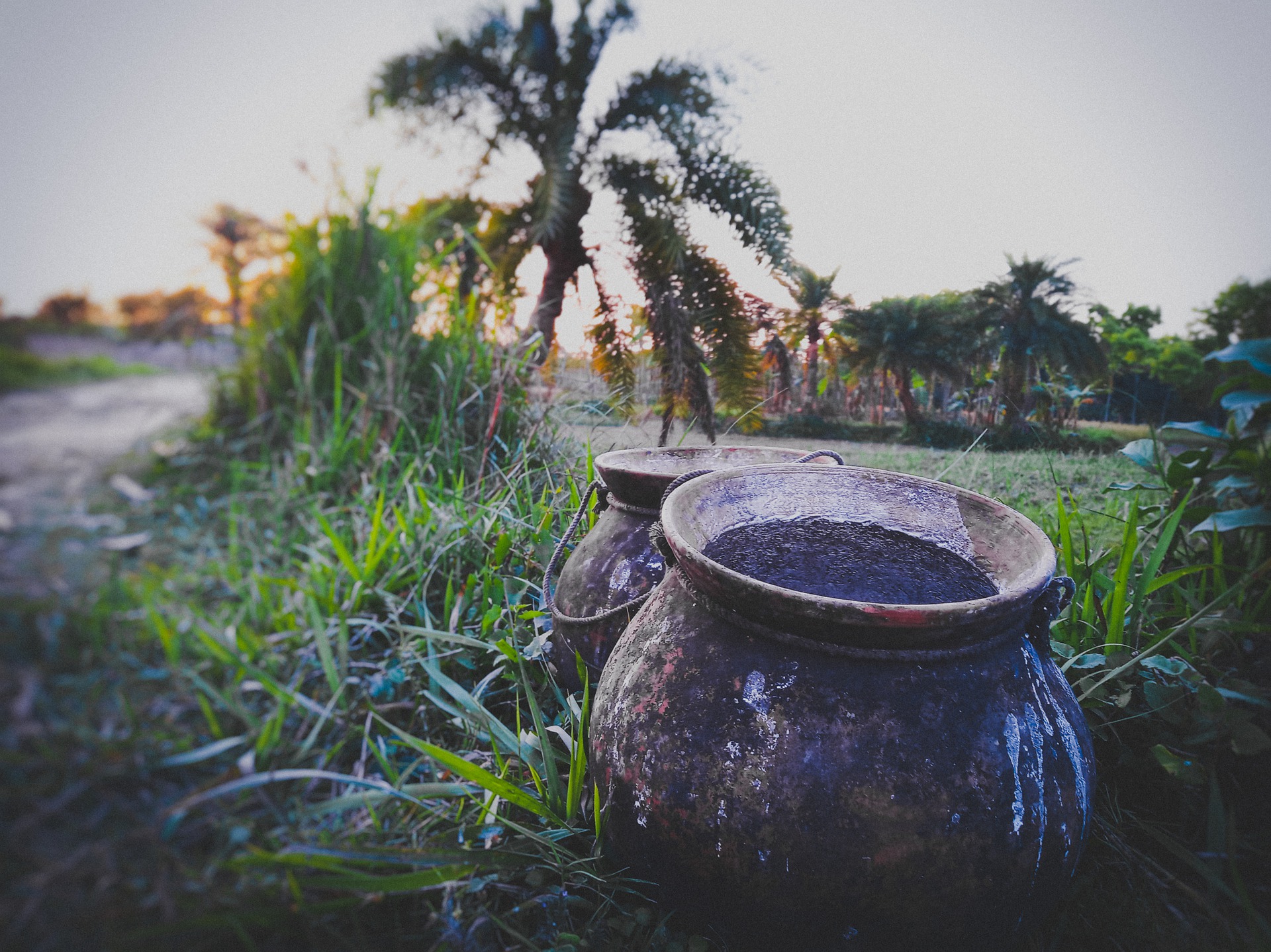By Hoang-Nam Vu, Associate Writer for Save The Water™ | December 3, 2015
Arsenic was often utilized by the Greeks and Romans “as a means for settling old scores, instruments for personal advancement… [and] as a means to execute criminals and by those who found life to be an intolerable burden” (Smith, n.d.). The time of the Roman and Greek empires is long gone, but recently, arsenic poisoning has resurfaced in the world once again. Many of these occurrences, however, are inadvertent. Citizens of Bangladesh have been suffering from the consequences of arsenic poisoning for years. This situation is often referred to as one of the largest mass poisonings of all time.
Arsenic poisoning in Bangladesh began as a benevolent attempt to sanitize local drinking water. “Many development-based organizations encouraged Bangladeshis across the country to dig wells, rather than rely on the potentially contaminated water found on the surface or in local rivers” (Walker, 2010). What these well-meaning organizations didn’t know, however, was that deep below the surface, in the soil and rock, lay an abundance of arsenic. When the local villagers collected and consumed water from these newly-dug wells, they introduced arsenic into their bodies.
Since then, arsenic poisoning has become a fatal, widespread epidemic throughout the country. “A new study published in [the] British medical journal The Lancet says that up to 77 million people in Bangladesh are being exposed to toxic levels of arsenic and one in five deaths [of 12,000 Bangladeshis over the last decade; research done by a group of international researchers from Chicago, New York, and Bangladesh] were determined to be directly related to elevated arsenic levels in their system” (Walker, 2010). A GlobalCitizen article furthers this point by saying “There are roughly 125 million people living in Bangladesh. Of that, an estimated 30-77 million people have been affected by arsenic poisoning by drinking contaminated ground and well water” (Stahl, 2015). These wells are the key reason for the prevalence of arsenic poisoning in Bangladesh, as “currently over 90 percent of Bangladeshi households obtain their drinking water from roughly 10 million tube wells” (Stahl, 2015).
Many measures have been taken to alleviate the problem of widespread poisoning since its emergence. One of these measures has been the founding of Drinkwell by Minhaj Cowdhury, in 2013. “This organization was founded to achieve the goal of providing filtration systems to poor communities in areas such as Bangladesh. The system is designed to lower dangerously high levels of arsenic and fluoride to acceptable levels” (Stahl, 2015). In order to accomplish this, Drinkwell uses an unconventional approach. “First off, they use a resin-based regenerable absorbent that only wastes 1 percent of the water being purified. That makes a huge difference. Second, Drinkwell uses a micro-entrepreneurial business model to implement their revolutionary filtration system. This means that instead of just building the system and servicing it as needed, Drinkwell provides the equipment and teaches selected entrepreneurs how to use it, maintain it and turn a profit from it. This allows communities to provide their own water, and if their system breaks, fix it themselves. It also helps stimulate the local economy by providing jobs” (Stahl, 2015). The most common technique used to cleanse arsenic from water is reverse osmosis, which wastes a good amount of the water being purified, so Drinkwell’s approach is not only much more effective and efficient, but it also leaves a lasting impact on the region. Arsenic poisoning is clearly a major problem in Bangladesh, but people all over the world struggle with arsenic in their groundwater. “What’s going on in Bangladesh is a unique horror—the World Health Organization has called it ‘the largest mass poisoning of a population in history’—and it’s partially due to the fact that Bangladesh gets 90% of its water from the ground” (Walsh, 2010). Although this is clear, “more than 70 countries around the world have issues with arsenic in their groundwater— and it’s not just poor countries like Bangladesh. The U.S. has a problem as well… especially in parts of California and the Midwest” (Walsh, 2010). The chance of a large-scale mass poisoning, like that in Bangladesh, is unlikely in these countries, but if there’s one thing we can learn from the widespread arsenic poisoning in Bangladesh, it is that there is reason to be careful with every action we take.
SaveTheWater is an organization that conducts research to identify and remove harmful chemicals from the water and improve water quality and human health. This research is applied to the education of present and future generations. As SaveTheWater is a non-profit organization, making a donation would be extremely beneficial to SaveTheWater’s efforts to alleviate water-based issues in today’s society.
Works Cited
Flanagan, S., Johnston, R., & Zheng, Y. (2012, September 14). Arsenic in tube well water in Bangladesh: Health and economic impacts and implications for arsenic mitigation. World Health Organization.Retrieved from http://www.who.int/bulletin/volumes/90/11/11-101253/en/
Smith, R. (n.d.). Arsenic: A Murderous History. Retrieved November 19, 2015, from http://www.dartmouth.edu/~toxmetal/arsenic/history.html
Stahl, G. (2015, October 12). Fixing the largest mass-poisoning in human history. Global Citizen. Retrieved from https://www.globalcitizen.org/en/content/fixing-the-largest-
mass-poisoning-in-human-history/?newReg=true#action
Uddin, R., & Huda, N. (2011, May 26). Arsenic Poisoning in Bangladesh. Oman Medical Journal, 26(3), 207. Retrieved from http://www.ncbi.nlm.nih.gov/pmc/articles/PMC3191694/
Walker, B. (2010, June 21). Study: Millions in Bangladesh exposed to arsenic in drinking water.
CNN. Retrieved from https://www.cnn.com/2017/04/28/health/arsenic-water-pollution-cancer-india/index.html
Walsh, B. (2010, June 19). Study Says Arsenic Poisons Millions in Bangladesh–But They’re Not the Only Ones. Time.com. Retrieved from http://science.time.com/2010/06/19/study-says-arsenic-poisons-millions-
in-bangladesh—but-theyre-not-the-only-ones/




